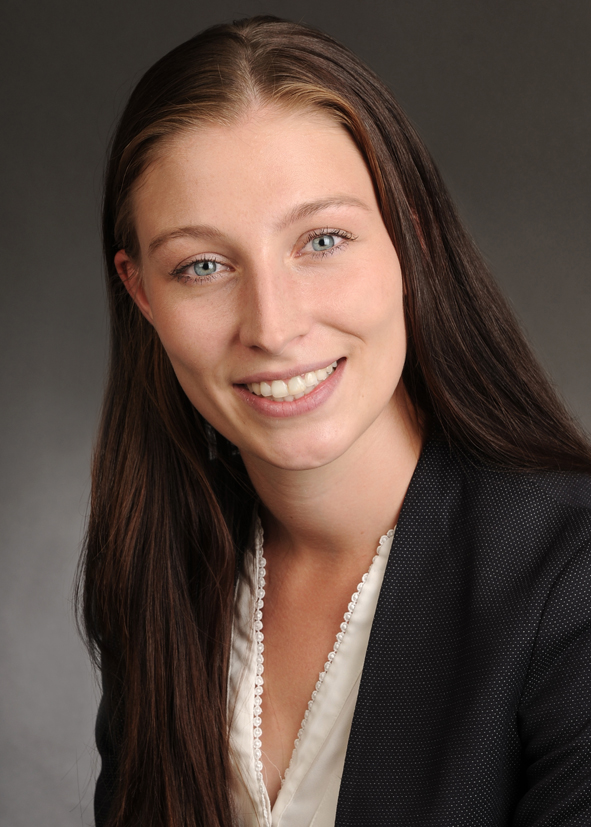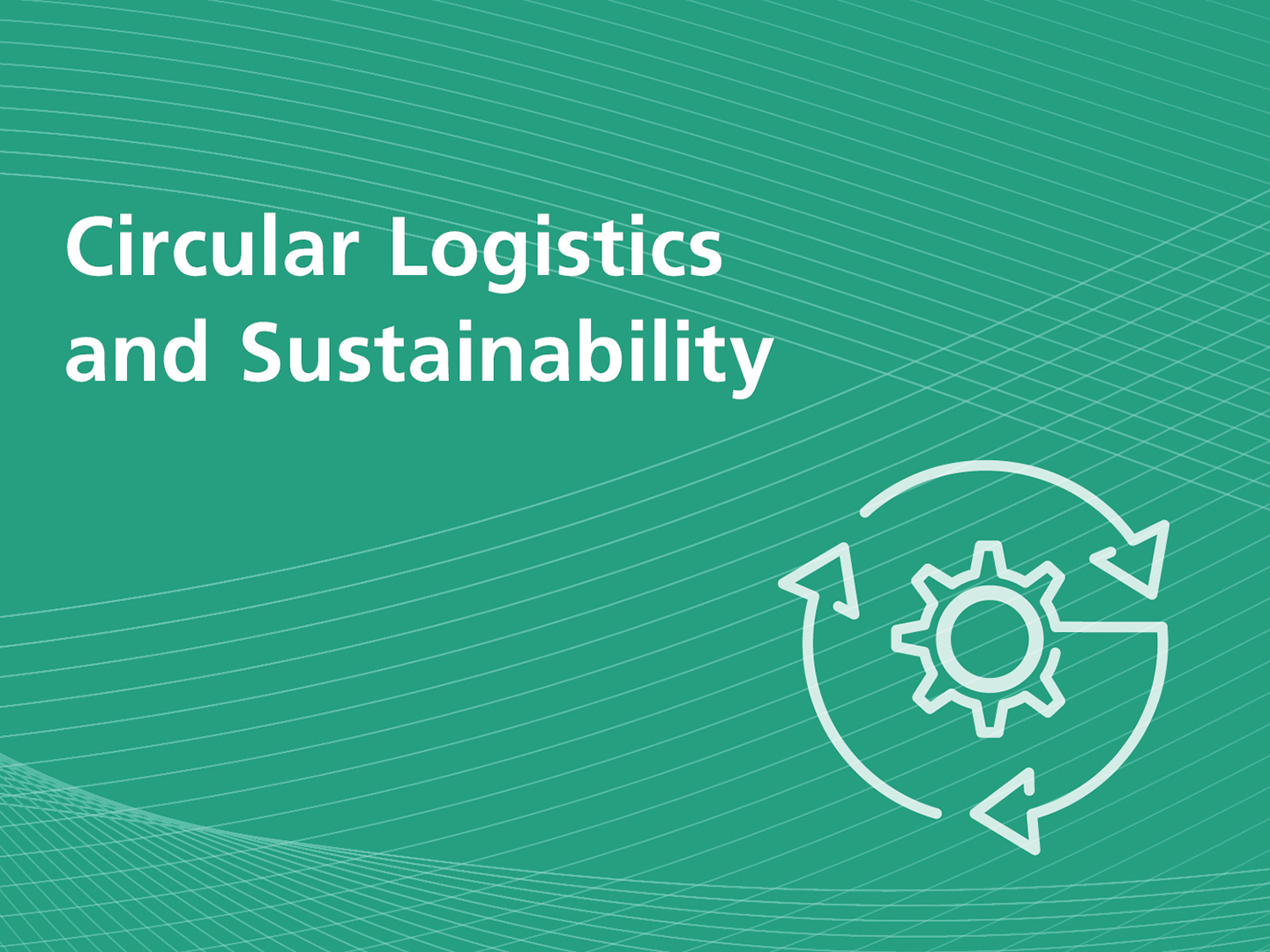Anna Kerps works in the Research Department "Circular Logistics and Sustainability". Her focus is on the combination of ecological assessment (Life Cycle Assessment) and the integration of indicators and characteristics of the Circular Economy.

What are you working on at Fraunhofer CCPE? What creative ideas are you currently pursuing in your research area?
With the evaluation of plastic products and materials as well as new technologies that make our plastic economy more circular. My focus is on the combination of ecological assessment (Life Cycle Assessment) and the integration of indicators and characteristics of the Circular Economy.
Do you have a specific project example respectively why is this interesting for the industry/society?
Our value chain should become circular and sustainable. However, it is difficult for industry and society to quantify where to start and which measures have which leverage.
With the approaches developed, we can, for example, accompany new recycling technologies in an early stage of maturity, in which many lines of freedom are still available. The recognition of ecological hotspots and the quantification of circularity as added value is essential for the success of the transformation. This enables us to identify ecologically meaningful application scenarios, allowing us to make an active contribution to sustainable development together with industry.
Also concrete decisions on the product level, such as whether a defective car door should be replaced or repaired or what influence downcycling effects in recycling have for the material selection are part of our research.
